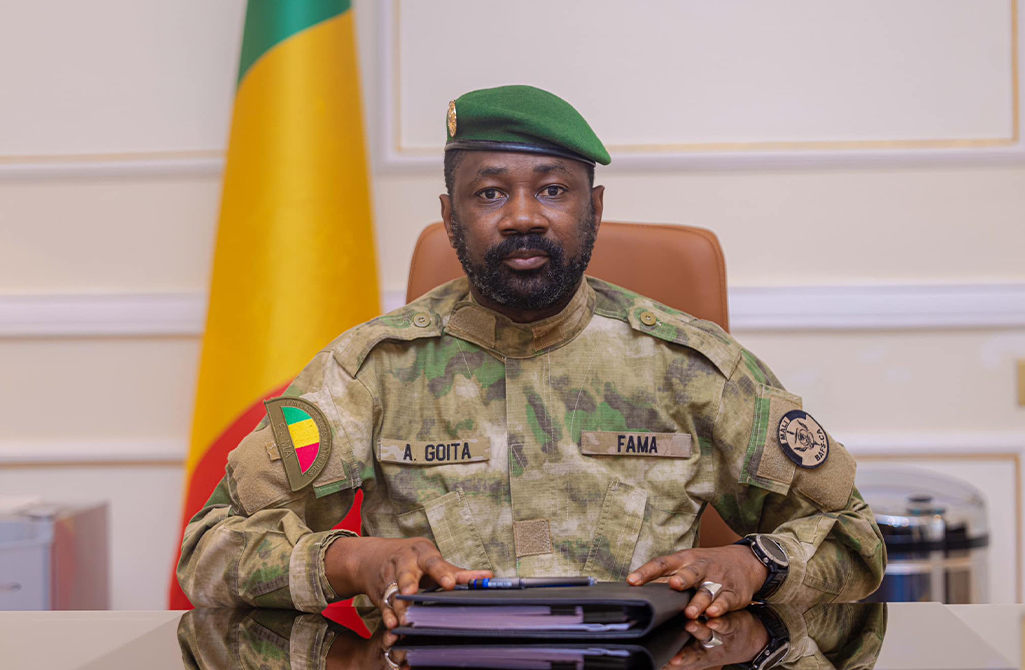Africa: The African Union or the flight forward of a sclerotic institution

The current state of Africa’s institutions, particularly highlighted by recent developments in Mali and the response from the African Union (AU), reflects a deeper issue. Rather than speaking of Africa as ailing, it’s more accurate to focus on the challenges faced by its governing bodies, especially in addressing complex issues like terrorism.
The AU’s recent statements regarding Mali’s transition government and the call for a return to constitutional order amid security concerns underscore a broader debate about the effectiveness of such diplomatic interventions.
However, the context in which these interventions occur is critical.
Africa, particularly the Sahel region represented by countries like Mali, Burkina Faso, and Niger, faces multifaceted challenges.
The military’s role in governance, especially in times of transition, brings into question the balance between security and democratic processes.
The AU’s voice, while important on the international stage, needs to translate into tangible solutions and support for African nations grappling with internal turmoil.
The focus on elections, while a fundamental aspect of democracy, must be contextualized within the broader security landscape.
It’s essential to acknowledge that Africa’s challenges are complex and require nuanced approaches. Simply demanding elections without addressing underlying security threats can be counterproductive.
The AU’s role should extend beyond statements to actively supporting comprehensive strategies for stability and development.
Ultimately, the goal should be to empower African nations to address their internal challenges while also fostering stronger regional cooperation and solidarity.
The AU’s influence can be transformative if it aligns its actions with the realities on the ground and the aspirations of African peoples for peace, security, and prosperity.
Titi KEITA











